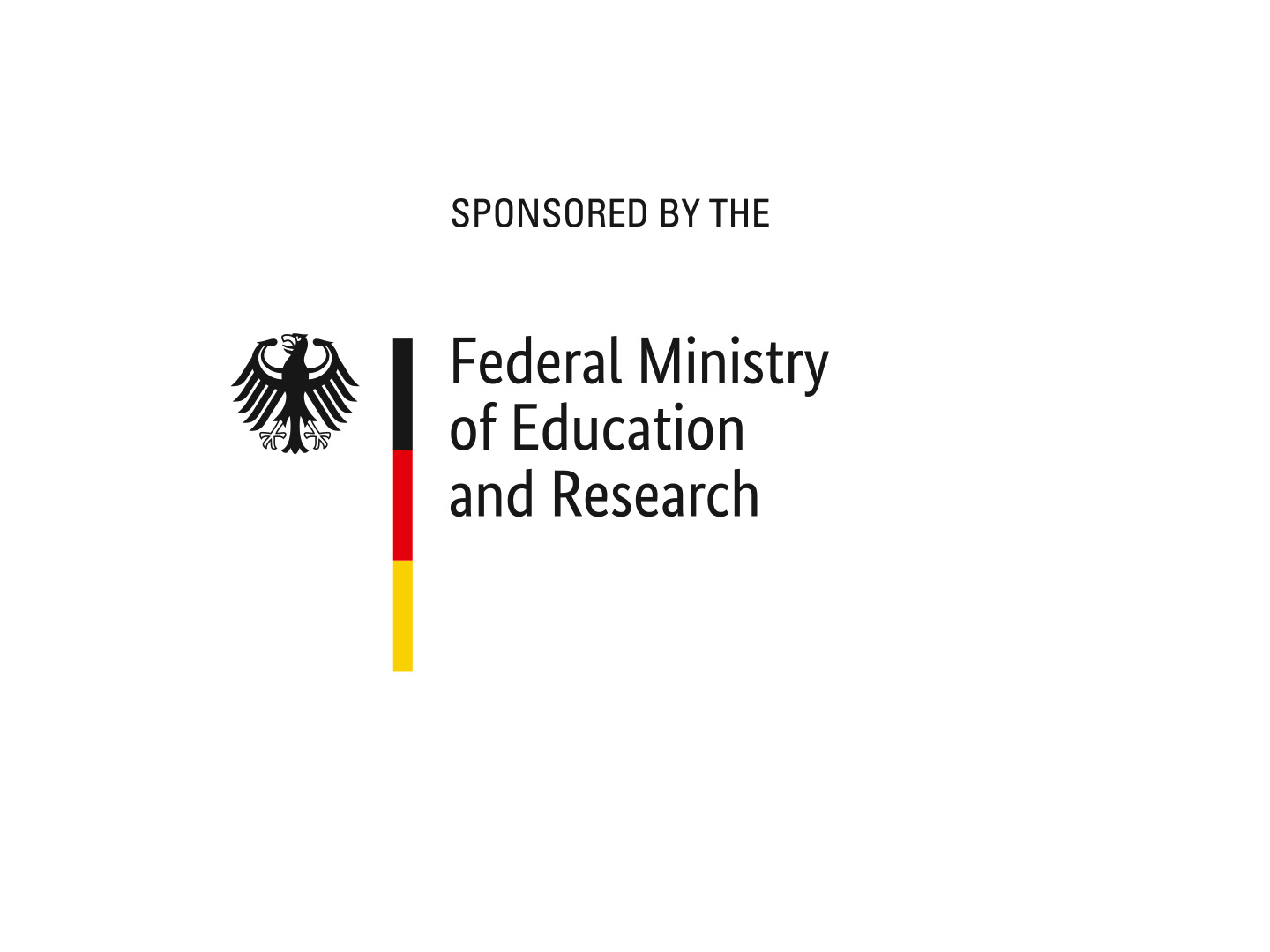The aim of the project was to develop an industry-wide financing and steering instrument for climate protection in the tourism industry. As a result of KlimaCent, the German Climate Fund for Tourism (DKT) was designed in a participatory process with the tourism industry, which is to be realised by the umbrella organisation after the end of the project. This offers the opportunity to make national tourism destinations more sustainable with a sector-oriented solution, to win over tourism service providers for a commitment to climate protection and thus to reduce the tourism footprint in Germany. In addition to the climate protection effect, the attractiveness of participating destinations is to be increased at the same time.
The initial implementation projects (sustainable building, electric mobility in local public transport) conceived in the model regions (Juist and Lausitzer Seenland) can reduce energy consumption and emissions as well as noise emissions in the model regions in the long term. This results in positive effects not only for tourists but also for local residents and an increase in the quality of life.
If it is assumed that an additional climate contribution of 1.00 euro is paid into the fund for only about 20 percent of overnight stays, and that this contribution is at least doubled by the tourism industry, the climate contribution fund would have an annual volume of about 40 million euros. If this sum were invested in alternative energies, such as photovoltaic systems, this would result in a saving of up to 16,500 t CO2 per year.
High willingness to participate in climate protection
The willingness of tourists to participate in climate protection is high, according to initial surveys: In a 2013 survey, two thirds of Juist tourists said that they would be willing to spend a financial contribution per day/person to contribute to climate adaptation on the island. However, it must be ensured that the financial means are also used on the island.
 Fraunhofer Institute for Environmental, Safety and Energy Technology UMSICHT
Fraunhofer Institute for Environmental, Safety and Energy Technology UMSICHT